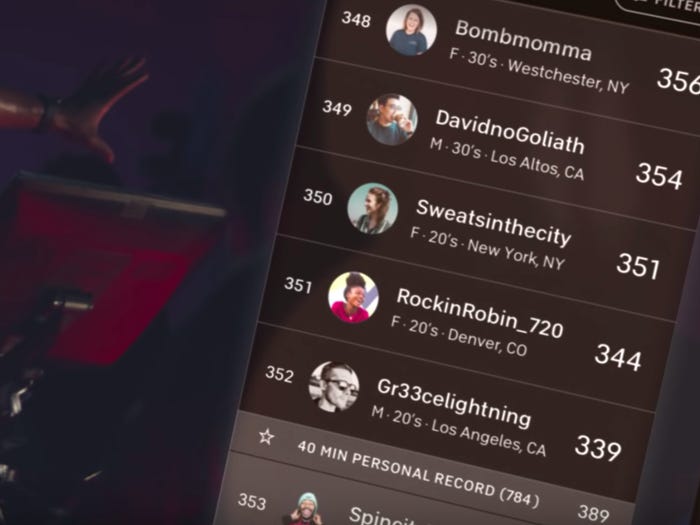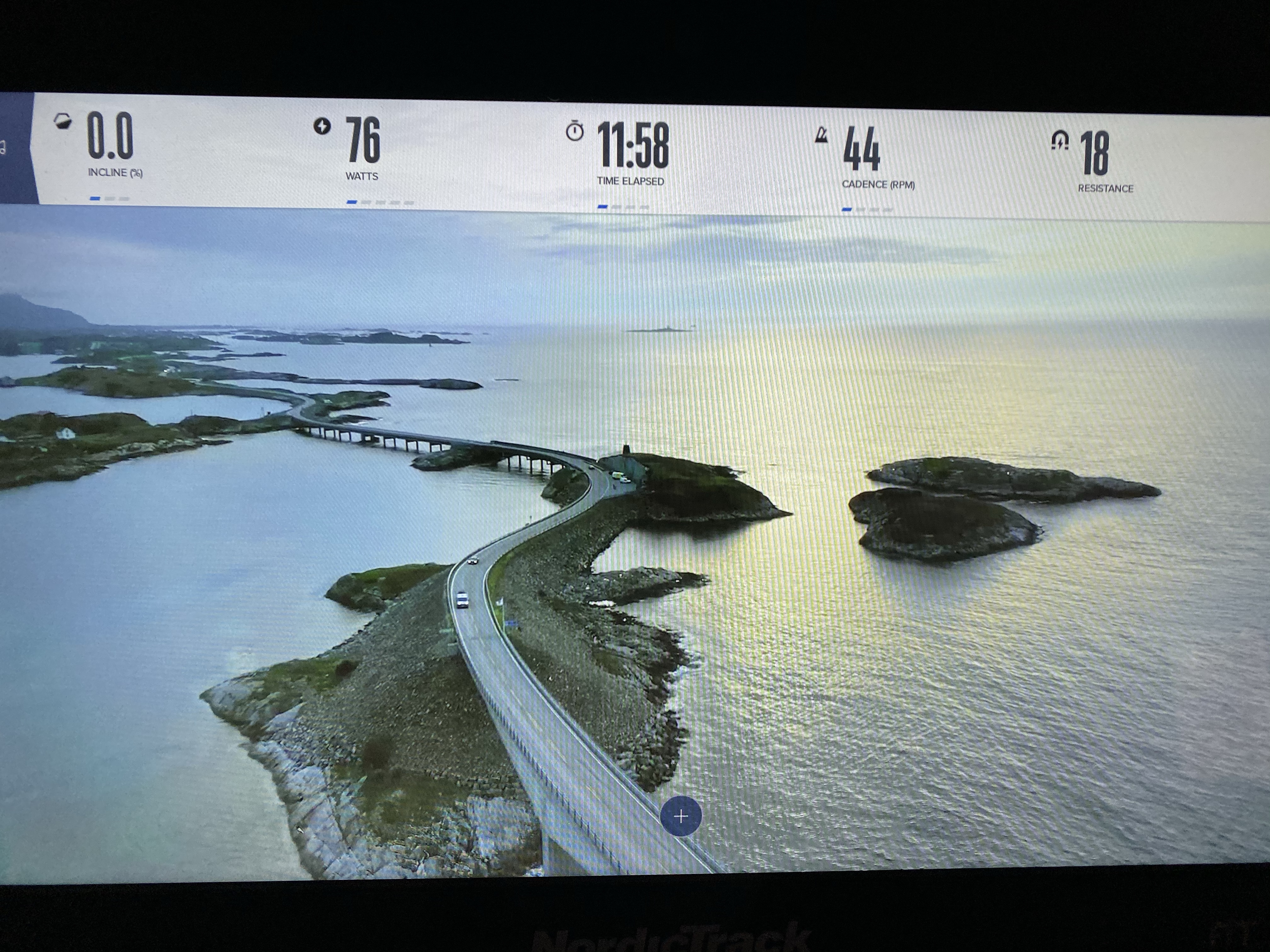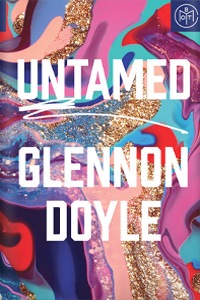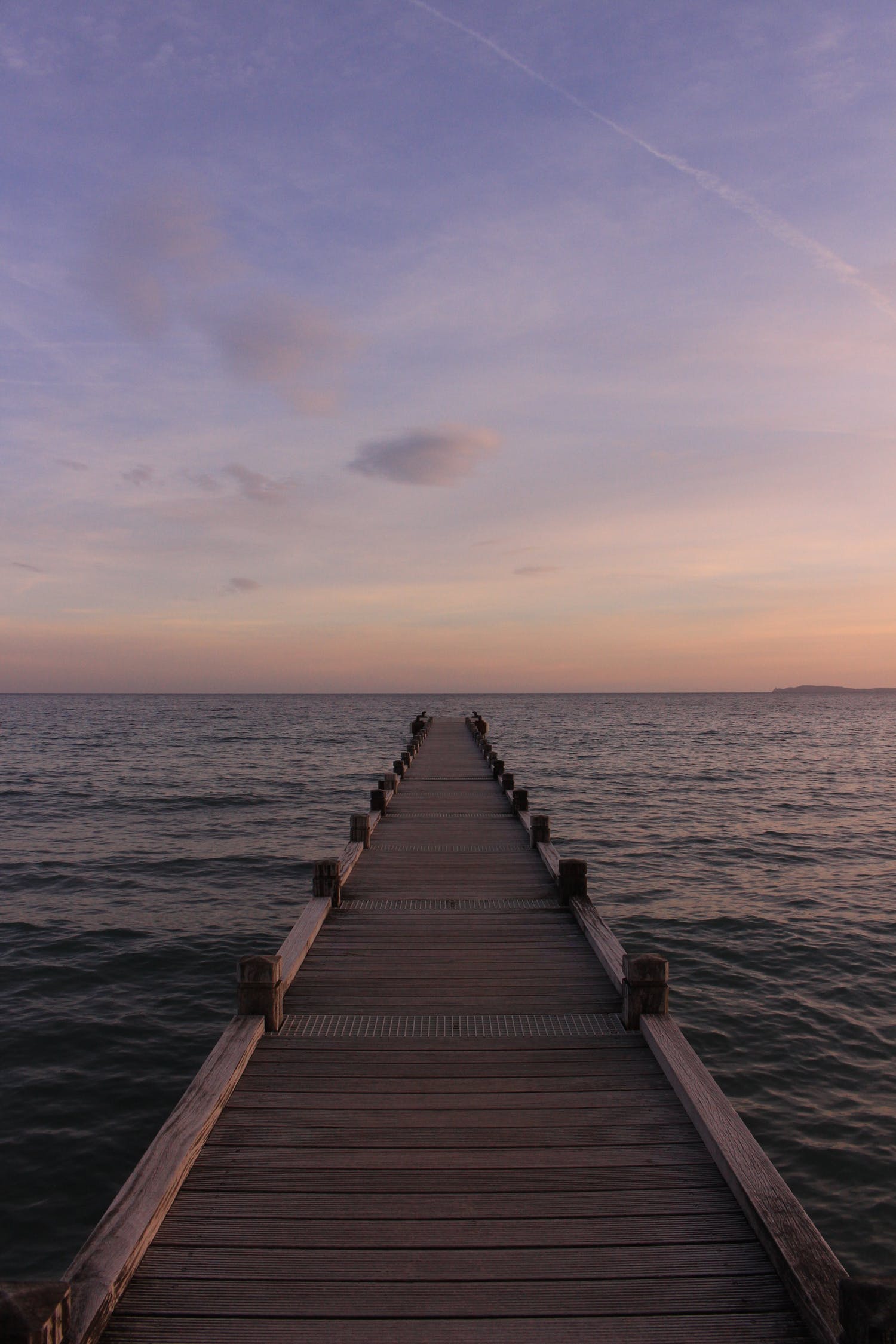
You’ll have heard of Peloton, and their admittedly disastrous ad campaign (as well as Ryan Reynolds’ gin campaign afterward, that plucked the unfortunate actress for an oblique reference to the Peloton fiasco while selling what is apparently very smooth gin).
Well I wanted a Peloton ever since leaving California and its much more health-encouraging climate and culture. I wanted one right up until an article just before the commercial debuted (given all the thinkpieces thrown around about that ad, I’m not even going to try to find the article that predated it) pointed out, in a comparison of home cycle options, that it did not bode well that Peloton as a start-up was still unable to turn a profit despite charging over two grand just for the hardware, not even counting the subscription fees to their studio classes.
The studio classes which were — again, if you’re at all familiar with the Peloton ad debacle, you’re probably aware of all this, so forgive me for glossing over it — the entire point of Peloton. The classes themselves had zero appeal to me: I don’t like exercising in groups; I hated group sports in high school; CrossFit and the idea of someone bellowing at me to try harder does not attract me. What did was the leaderboard. The live-time scroll of stats on the screen that told where you placed in relation to other people around the world also competing on that same ride.

I wanted that. Specifically, I wanted targets to chase down mercilessly. I make no bones about this being a healthy competitive mindset, either — that’s why I prefer exercising alone. Because since all of my group exercising has been so disastrous (spoilers: women are vicious to each other, especially when herded into gender-based competition where their bodies are the instruments by which they compete), when forced into competition I do it with a snarl on my face.
But I also, uh. Perform really well.
In my last job, for example, I noticed one day that an older, if admittedly absurdly fit, guy was in my college rival’s t-shirt. I made note of this. I didn’t have any of my college’s shirts on me — I ordered one — but then when it arrived I showed up and delibately trotted over to every machine he touched and did it harder, longer and faster. If he was on a machine there were multiple copies of — a treadmill, say — I made sure to outpace him there, too. I never said a word. I never met his eyes. This was not, I should hope would be obvious, some sort of flirting situation. I wanted him to know that despite his probably fad-dieted 40-something pack of abs, and his damn shirt from that damn school, my soft-bodied self could still outpace him.
A month or two later I mentioned my one-woman death slog to my friend as he passed across the way, and she choked. It turned out he was, uh. The vice president of the company.
Oh. Welp.

Anyway, Peloton quickly faded from my wantlist as Black Friday deals loomed, because the studio classes are all they offer. And as the weather turned to garbage it became clear that more than no-holds-barred competition, what I needed was nature. The kind of nature that, you know, is everywhere in California. Hence the NordicTrack.

This is what I came for. This is the last of a 12-ride Switzerland series. While the bike also offers draw-it-yourself maps courtesy of Google Street View, such that for a while I really was able to bike my old routes in California, they’re limited by the still images by which Google Street View is made — so you’re left with a staccato cascade of still images rather than a smooth video.
That’s where these pre-recorded videos come in, though. Led by fitness gurus who are no doubt internet influencers in their fields (I assume), you take the spot behind them, as recorded by a silent cameraman with, to judge by their occasionally visible shadows, something like a GoPro affixed to their helmets. You can bike through Chile, Turkey, France, New Zealand…there are road bike rides and mountain bike rides (my god, New Zealand mountain bikers don’t fuck around) and even rides that trace the routes of actual races.
I just finished the Swiss ride series and adored it. A few days of experimenting with different series after I got the bike made clear that a.) there are few male bike leaders that I can stand, as their vocabularies of encouragement are pretty limited and very he-man, b.) I am a sap for maternal cheering-on, and c.) yep, I still hate deserts. So much orange. Ugh.
When I found the Swiss series led by Ashley Paulson, who fills you in on historical tidbits about the area as you whizz through (of note, all the female iFit trainers do this; only one of the men whose rides I tried told you anything about the country you were riding through) I was enchanted. She’s like the cycling form of Molly Yeh — pink-haired, bubbly, full of energy and a hopelessly positive attitude. Sprinkles on a bike. Plus, she has four little kids, so my post-pregnant body didn’t feel like it was trying to limp along behind some 20-something goddess whose greatest bodily hardship was a spring break binge in college.
But when I crowed about this bike and specifically the outdoor riding recordings (as opposed to the studio sessions, which exist in all their heavily-produced glory, to compete with Peloton, but which feel oily and contrived) to, well, basically anyone who would listen, no one cared. Even physically fit people. Even cyclists!
Which led me to hazard a couple of guesses. One, of course, people who actually bike (should I say cycle? in my bike search pre-Black Friday, Google actually corrected my use of the verb “bike” to “cycle,” which seems absurdly pretentious until I remember how prickly runners are about “running” versus “jogging”) on real roads or trails have the predictable disdain for those who do it indoors. I get that. My preferred sport is running, after all (I decided to go the route of an indoor bike over a treadmill early on, because the latter is the number one piece of home gym equipment to break down, and there isn’t a damn thing you can fix yourself: you need a tech every time). I know how much I used to hate the idea of a treadmill, until I lived in an apartment complex that was basically a resort, with the most beautiful goddamn treadmills on the planet only two floors away every day. That cured me of my real-road-or-bust snobbery, but not many people are going to have that experience. I get that. My father-in-law, who has done RAGBRAI, for example, can be excused his lack of enthusiasm for the bike.
But everyone else — especially Gen-Xers and boomers — couldn’t understand how I could sit in front of a video recording of someone else riding a bike outdoors and feel anything approaching the level of awe I ought to feel if I were there myself. (“Oh, well I guess it’ll give you ideas of where to travel, huh?”) Which leads me to my second hypothesis: people who play video games are more willing to suspend their disbelief and accept the artificiality of the recorded rides, and to participate in them as “actual cyclists,” than those who do not game and have no experience willing themselves into another space as an active participant.
Consider the RingFit speedrunners, for example. This looks ludicrous to two groups of people: those who play games all the time but who have no interest in physical fitness, and their opposites, those who pursue physical fitness all the time but have zero interest in video games. But for people who sit in the middle doing both, that looks like a damn good time. Dangerous, sure. But — if your body can handle it — a damn good time. This is the same attraction marathons have for me, and for so many others. But if your only idea of working your body requires the outdoors (shitty at this time of year) or classes with someone yelling at you (expensive and demoralizing), you are repelled.
Well, the other day NordicTrack finally rolled out their Leaderboard functionality. You can indeed see yourself ranked against other people around the world, cycling that same route. It doesn’t appear to be real-time, but that’s okay: you can filter on gender, on real-vs.-adjusted difficulty (like hell am I pitting myself against those who notched the incline or resistance down), on age. Unsurprisingly, I don’t rank too well at the moment. I was pregnant for nine months and recovering from a giant hole cut in my body for four months afterward. I sit a solid 20 RPMs lower than any of the speeds Paulson calls for in her rides (on the flat-out stretches I mean; for whatever reason I’m more capable of matching her on the inclines than the faster parts), and even filtering out those who’ve adjusted their rides I’m surrounded mostly by those whose avatars report them being in their 40s and 50s (of course, these bikes are expensive, so there probably aren’t that many people my age who own them? but still). Of some 300 people biking that route, I sat at around 120 for most of the ride. Behind a guy in his 50s. At the end, though, I dragged my ass past him, finally breaking through the top 100 to sit in, uh, 98th place. Only for a few seconds, but still.
It’s something to work towards. And given that I’m already acclimated to that kind of competition from games, competing in the virtual Alps, or the virtual Appalachians or virtual Utah (except not there because ugh, deserts, no!), all has equal appeal for me. Even if I never get to feel the real wind on my face there.











